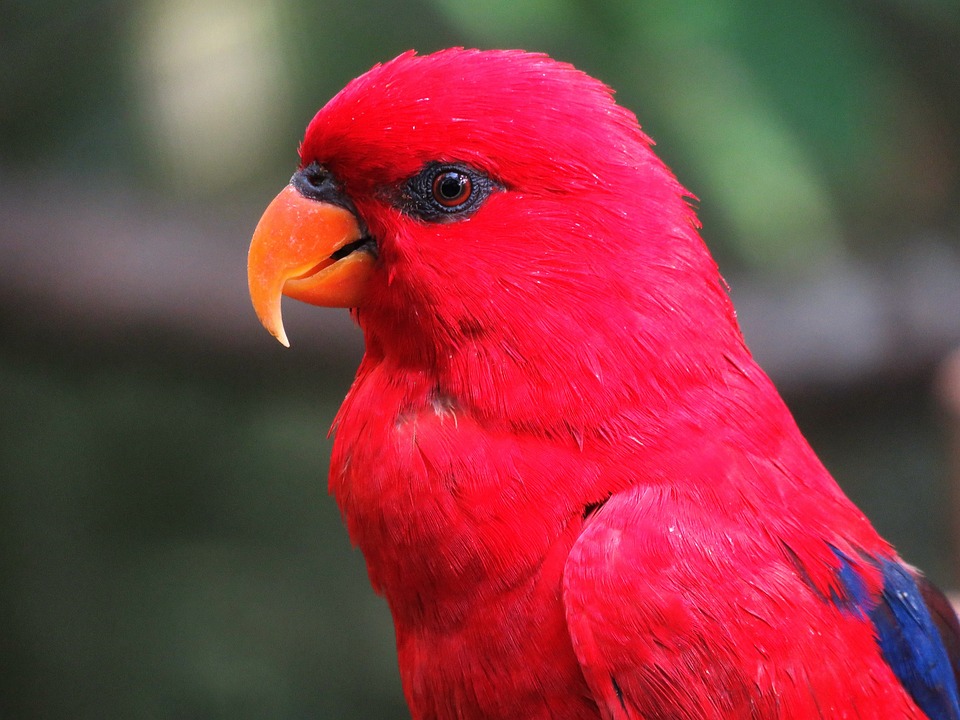Parrots are intelligent and beautiful creatures that require a well-rounded diet to thrive. Offering a varied selection of fresh foods is crucial for their overall health and longevity. In this article, we will explore the importance of a diverse diet for parrots and provide valuable tips on how to create a varied diet to meet their nutritional needs.
Why is a Varied Diet Important for Parrots?
Parrots, like humans, need a wide range of nutrients to ensure their well-being. A varied diet provides the necessary vitamins, minerals, and other essential nutrients that can help prevent nutritional deficiencies and associated health issues. By offering a diverse selection of fresh foods, you can enhance your parrot’s overall health and boost their immune system.
Essential Components of a Varied Parrot Diet
1. Quality Pellets as the Foundation
Pellets should form the core of your parrot’s diet. High-quality pellets are specially formulated to provide a balanced mix of essential nutrients. Look for pellets that are free from artificial colors, flavors, and preservatives, and ensure they are appropriate for your parrot’s species and size.
2. Vibrant Vegetables and Fruits
Fresh vegetables and fruits are an excellent source of additional vitamins, minerals, and antioxidants. Offer a variety of colorful options such as carrots, kale, spinach, bell peppers, apples, bananas, and berries. Remember to wash them thoroughly and remove any seeds or pits that may be toxic to your parrot.
3. Protein-Rich Foods
Parrots require protein for healthy feathers, muscle development, and overall growth. Incorporate protein-rich foods into their diet, such as cooked chicken, hard-boiled eggs, lentils, quinoa, and nuts (in moderation). Ensure that any meat or eggs are fully cooked and free from seasoning or additives.
4. Healthy Grains and Legumes
Whole grains and legumes are an excellent source of fiber, essential fatty acids, and additional protein. Offer cooked brown rice, quinoa, whole wheat pasta, lentils, chickpeas, and beans to add variety and texture to your parrot’s meals.
5. Occasional Treats
Treats can be a great way to bond with your parrot and provide mental stimulation. However, they should be offered sparingly and in moderation. Suitable treats for parrots include unsalted nuts, seeds, whole-grain crackers, and small pieces of safe fruits.
Frequently Asked Questions (FAQs)
Q1: How often should I offer fresh foods to my parrot?
A1: Fresh foods should be offered daily, making up approximately 20-30% of your parrot’s overall diet. This ensures they receive a consistent supply of essential nutrients.
Q2: Can I feed my parrot the same fresh foods every day?
A2: While it’s important to establish a routine, it’s equally crucial to offer a variety of fresh foods to avoid nutritional imbalances. Introduce new fruits, vegetables, and other foods gradually to ensure your parrot accepts them.
Q3: How should I introduce new foods to my parrot’s diet?
A3: Start by offering small amounts of the new food alongside their regular diet. Encourage exploration by placing the fresh food in a foraging toy or offering it during interactive playtime. Patience is key, as it may take several attempts for your parrot to accept new foods.
Q4: Are there any foods that are harmful to parrots?
A4: Yes, several foods should be avoided as they can be toxic or pose a choking hazard to parrots. These include chocolate, avocado, caffeine, alcohol, onions, garlic, and some fruits with seeds or pits. Always research a food item before offering it to your parrot.
By providing your parrot with a varied diet consisting of pellets, fresh fruits, vegetables, protein sources, grains, and occasional treats, you can ensure they have a balanced and nutritious meal plan. Remember to consult with an avian veterinarian for specific dietary recommendations based on your parrot’s species and individual needs. Your parrot will thank you with vibrant plumage, a strong immune system, and a happier, healthier life!









